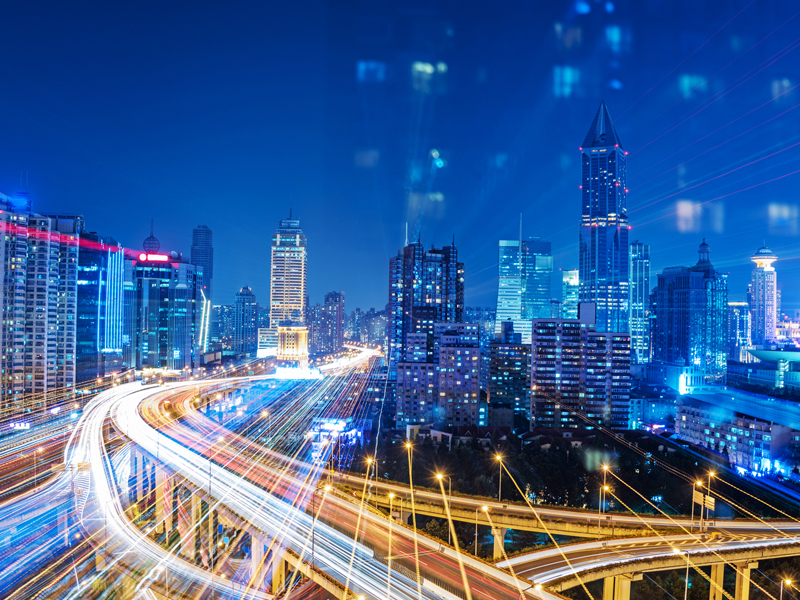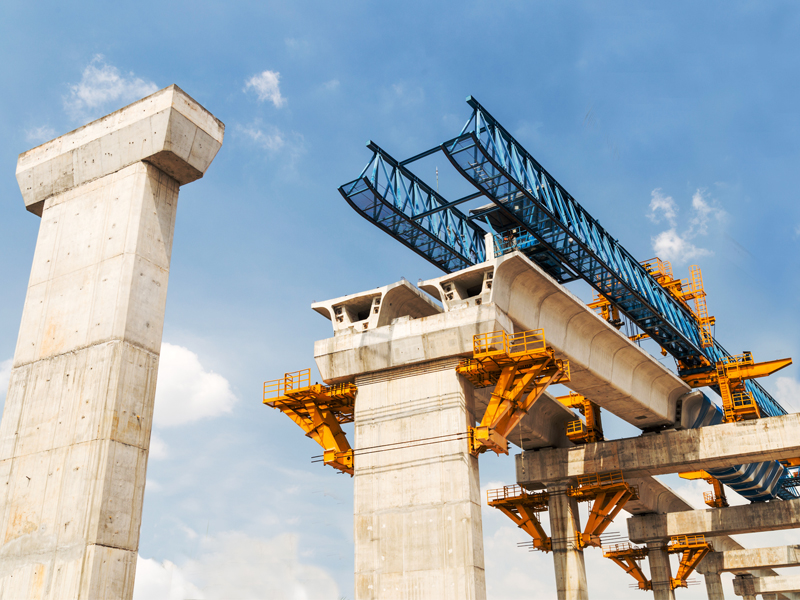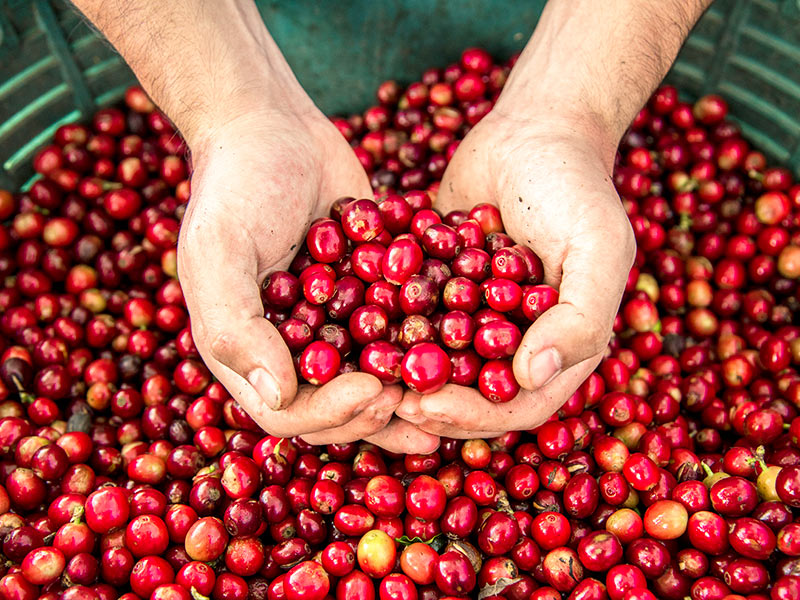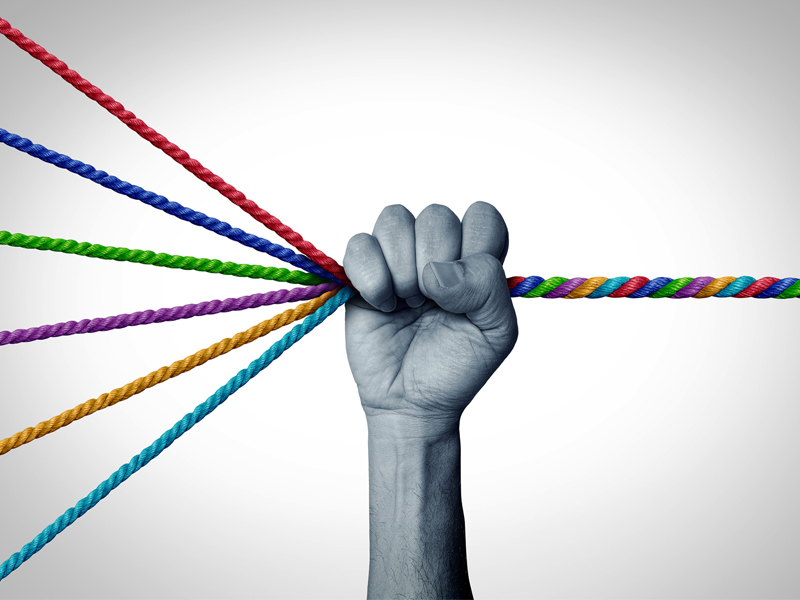
From the climate crisis to a rise in employee activism, many factors are contributing to the creation of a new climate for business. These new challenges will not be solved by any one actor: no single government, business, or NGO acting alone can address the issues of today. What the world needs are new collaborations of unprecedented scale and ambition to create a future in which both societies and companies thrive.
To that end, at our 2018 Conference, BSR launched CoLab, an incubator and accelerator of private-sector collaboration, to mobilize the collective power of business to solve some of the world’s biggest sustainability challenges. Driven by the collective ingenuity of business and stakeholders, CoLab ideates, designs, and scales collaborations that have transformational impacts and contribute to realizing the Sustainable Development Goals.
CoLab focuses on the Ideate, Design, and Explore phases of private-sector collaborative solutions. Successful solutions are then moved forward to Accelerate and Scale in our portfolio of active Collaborative Initiatives. Our 2019 progress report, Mobilizing the Collective Power of Business, highlights our accomplishments over the past year, which include the launches of the following Collaborations:
- Value Chain Risk to Resilience (R2R) seeks to build climate resilience for communities, farmers, and workers along value chains.
- Action for Sustainable Derivatives (ASD) promotes responsible palm oil sourcing and collective action to increase transparency and address social and sustainability issues.
- Partnership for Global LGBTI Equality (PGLE) is a coalition of organizations committed to leveraging their individual and collective advocacy to accelerate LGBTI equality and inclusion globally.
- Supply Chain Living Wage Data Platform (SCLWDP) aims to leverage existing and new sources of information to create accurate global living wage data.
- Sustainable Air Freight Alliance (SAFA) is a buyer-supplier collaboration steering responsible air freight via sustainable procurement and decarbonization.
Looking ahead, we have developed the following focus areas for 2020. These are areas where we see strong demand for action, where we can add strategic value, and where there is potential for growth and impact. We plan to continue to grow our portfolio of collaborations in these areas:
- Sustainable “Green” Freight
- Challenge: Zero-emission freight by 2050 is a major global goal requiring collaborative innovation at scale.
- Inequality
- Challenge: Companies are under pressure to create high-quality jobs with living wages and affordable products and services.
- Sustainable Commodities
- Challenge: Supply chains must change to become resource- and cost-efficient, equitable to workers and partners, and transparent and traceable.
In addition, outside of these broad focus areas, we have also identified and are pursuing specific priority opportunities to address the following key sustainability challenges:
- Ocean Plastics
- Challenge: Asia is the source of 60 percent of plastic waste and coordination is needed to address this issue.
- Circular Fashion
- Challenge: There are potential negative impacts of a shift to circular fashion on job opportunities and quality.
- EU/Asia Sustainability Reporting
- Challenge: Improving sustainability reporting is an ongoing requirement and challenge for companies, with differing standards and practices.
As we look ahead to the 2020s and the looming 2030 deadline for the Sustainable Development Goals, it is clear that collaboration will be key if we hope to achieve the Global Goals. BSR’s CoLab is ready to work with you on existing opportunities—or on the ideation of new business-led sustainability collaborations. If you’re interested in joining an existing collaborative initiative, helping to launch a new collaboration, or looking for more information, please reach out and connect with our team.
Topics
Let’s talk about how BSR can help you to transform your business and achieve your sustainability goals.








